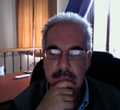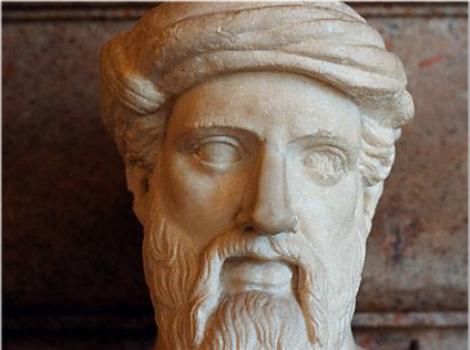 Neil Tyson And The Value Of Philosophy
Neil Tyson And The Value Of PhilosophyReprinted from Scientia Salon. You can read the original here.It seems like my friend Neil deGrasse...
 What Does It Mean For Something To Be Metaphysically Necessary?
What Does It Mean For Something To Be Metaphysically Necessary?I mentioned before, this semester I’m teaching a graduate level seminar on David Hume, and having...
 David Hume And The Missing Shade Of Blue
David Hume And The Missing Shade Of BlueThis semester I’m teaching a graduate level course on “Hume Then and Now,” which aims at...
 Is Theologian Alving Plantinga For Real? Alas, It Appears So
Is Theologian Alving Plantinga For Real? Alas, It Appears SoI keep hearing that Notre Dame philosopher and theologian Alvin Plantinga is a really smart guy...









